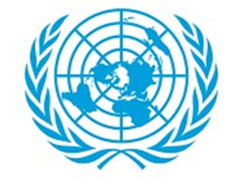Workshops and seminars at CHRIST enhance knowledge, skills, and networking opportunities.
The Student Council at CHRIST enhances the graduate experience by promoting student welfare.
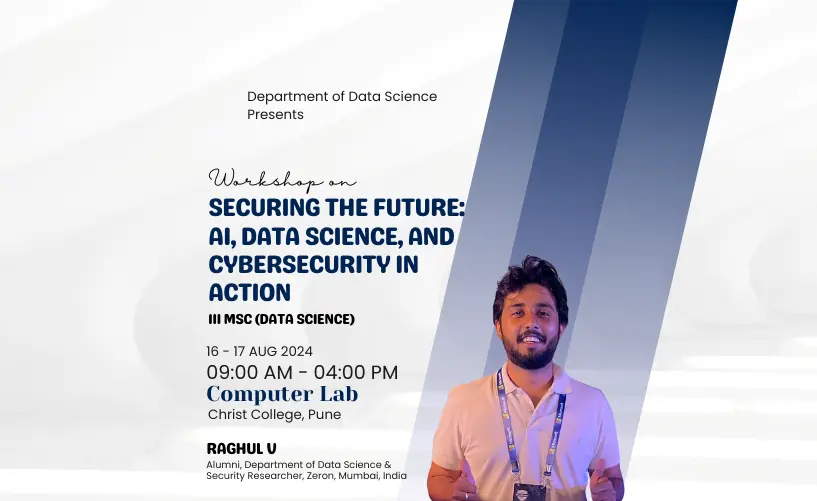
The Data Science, Security & AI Workshop was held over two days, from August 12th to 13th, 2024, at the CHRIST (Deemed to be University) Pune Lavasa Campus. The workshop aimed to provide an introductory understanding of data science, security, and artificial intelligence, focusing on practical and industry-relevant topics.
Day 1: The workshop commenced with an introduction to Industrial IoT, where Mr. Anil Kapoor from Industry Solutions Inc. explored the integration of IoT in various industrial applications. He demonstrated real-world use cases where IoT is transforming operational efficiency and decision-making processes.
The next session focused on Cybersecurity in Action, led by Mr. Raghul V. This segment emphasized the importance of cybersecurity in the digital age, discussing various strategies and tools to protect data and infrastructure from cyber threats. Practical demonstrations highlighted the real-time application of cybersecurity protocols in protecting sensitive data.
Day 2: The second day began with a session on Industry Outlook, offering insights into the future trends of data science, security, and AI. Mr. Abhijith Prakash shared her perspectives on how these fields are evolving and what skills are becoming increasingly essential for professionals.
Following this, a session on Resume Building and Job Preparation was conducted, providing students with the tools and tips needed to enhance their employability. The session covered best practices for resume writing, interview techniques, and the importance of building a strong professional network.
The workshop also included an interactive session on Research Methodology and Problem-Solving, where students were guided on how to approach research in the fields of data science and AI. The session emphasized the importance of identifying the right problem statements, formulating hypotheses, and employing systematic research techniques. Use Case Analysis was another key highlight, where participants were engaged in analyzing real-world cases, applying the theoretical knowledge gained throughout the workshop to solve industry-relevant problems. This exercise was instrumental in bridging the gap between academia and industry practice.
Use Case Analysis was another key highlight, where participants were engaged in analyzing real-world cases, applying the theoretical knowledge gained throughout the workshop to solve industry-relevant problems. This exercise was instrumental in bridging the gap between academia and industry practice.
The Data Science, Security & AI Workshop was a comprehensive event that not only provided theoretical insights but also focused on practical applications, preparing students for future challenges in their respective careers. The combination of expert sessions, hands-on activities, and interactive discussions made the workshop a valuable learning experience for all participants
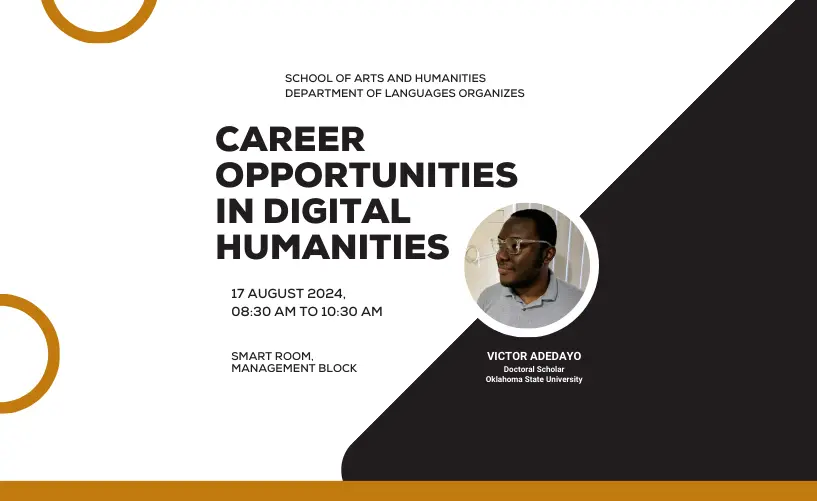

The resource person leading this workshop was Mr. Victor Adedayo, a doctoral researcher in Applied Linguistics with over five years of qualitative research experience. Affiliated with Oklahoma State University at the time, Mr. Adedayo brought a wealth of expertise to the table, making him an ideal guide for those looking to delve into the multifaceted world of Digital Humanities. His proficiency in conversation mining, survey design, interviewing, user story development, and journey mapping, combined with his skills in persona development, information architecture, wireframing, prototyping, usability testing, A/B testing, expert review, and heuristic evaluation, made him a versatile expert in the field.
Moreover, Mr. Adedayo’s experience with design and project management tools like Figma, Miro, Jira, and Trello ensured that participants received practical insights into the tools and methodologies commonly used in Digital Humanities projects. His ability to communicate complex concepts in a clear, concise, and engaging manner allowed participants to grasp the intricacies of this interdisciplinary field effectively. Whether attendees were new to the Digital Humanities or looking to deepen their existing knowledge, Mr. Adedayo’s expertise provided them with valuable perspectives on how to apply their skills in various professional contexts.
 The workshop began with an in-depth look at the AntConc qualitative analysis software. Participants learned about the importance of qualitative research and how it could be applied in various Digital Humanities projects. Mr. Adedayo shared his insights on the best practices for conducting research in this field, including tips on survey design, interviewing techniques, and user story development. Attendees also gained hands-on experience with the AntConc tool and were able to learn how to apply these tools in the context of Digital Humanities work.
The workshop began with an in-depth look at the AntConc qualitative analysis software. Participants learned about the importance of qualitative research and how it could be applied in various Digital Humanities projects. Mr. Adedayo shared his insights on the best practices for conducting research in this field, including tips on survey design, interviewing techniques, and user story development. Attendees also gained hands-on experience with the AntConc tool and were able to learn how to apply these tools in the context of Digital Humanities work.This was then followed by an overview of the Digital Humanities, highlighting the intersection of technology and humanities research. Participants explored how this field had evolved and the ways in which it was reshaping traditional disciplines. Through a series of discussions and interactive sessions, Mr. Adedayo guided participants in understanding the diverse career opportunities available within this field. Special emphasis was placed on roles within academia, cultural institutions, and the tech industry, offering attendees a broad view of potential career paths.
 The workshop proved to be an invaluable opportunity for anyone interested in the Digital Humanities. By the end of the session, participants had a clearer understanding of the career possibilities within this field and how to leverage their skills in technology, research, and cultural analysis to pursue these opportunities. With Mr. Adedayo’s guidance, attendees left the workshop equipped with the knowledge and practical skills needed to navigate the interdisciplinary landscape of Digital Humanities successfully.
The workshop proved to be an invaluable opportunity for anyone interested in the Digital Humanities. By the end of the session, participants had a clearer understanding of the career possibilities within this field and how to leverage their skills in technology, research, and cultural analysis to pursue these opportunities. With Mr. Adedayo’s guidance, attendees left the workshop equipped with the knowledge and practical skills needed to navigate the interdisciplinary landscape of Digital Humanities successfully.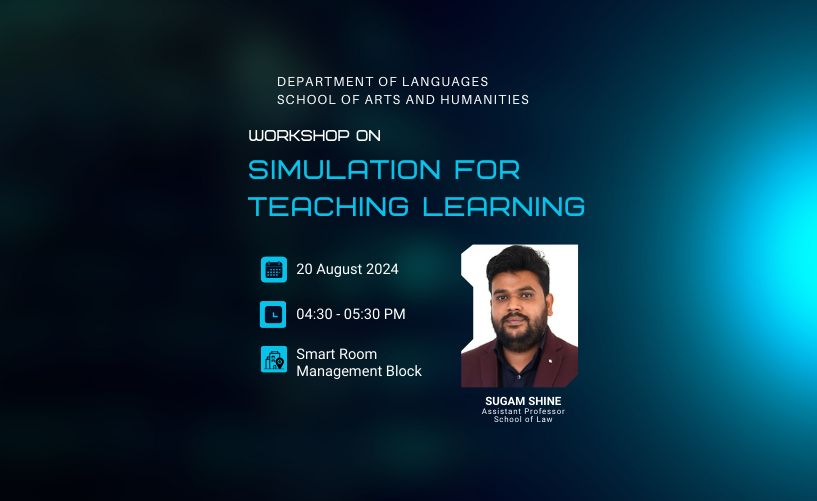
Mr. Shine began by explaining the fundamentals of simulations in education. He emphasized how these interactive techniques can create realistic scenarios that engage students more deeply, allowing them to apply their theoretical understanding in practical contexts. The workshop offered participants a chance to explore various simulation tools and methods, each designed to make learning more dynamic and interactive.
The key tools discussed during the workshop included Flippity, Forage, and Kahoot:
Forage: Another tool highlighted was Forage, which offers virtual work experience programs and simulations. Forage helps students engage with real-world scenarios in a controlled environment, providing practical insights into professional tasks and industry practices. This tool is particularly useful for creating simulations that mimic real-life challenges, allowing students to practice problem-solving and decision-making skills relevant to their fields of study.
Kahoot: Mr. Shine also discussed Kahoot, a popular platform for creating and conducting quizzes. Kahoot’s interactive quizzes and games are designed to foster competitive and collaborative learning among students. With its engaging format, Kahoot encourages active participation and instant feedback, making it an effective tool for reinforcing learning and assessing student understanding.
The workshop included hands-on activities where participants used these tools to design their own simulations tailored to their teaching needs. The practical exercises allowed faculty members to experience the benefits of each tool and understand how they can be incorporated into their curricula to enhance student engagement and learning outcomes.
The session concluded with a Q&A segment, where Mr. Shine addressed specific queries and provided further insights into using simulations effectively in educational settings. The feedback from participants was positive, with many expressing eagerness to implement these techniques in their teaching practices.
In summary, the Workshop on Simulation for Teaching Learning was a valuable and informative event that provided faculty members with practical tools and strategies for enhancing their teaching methodologies. The introduction of tools like Flippity, Forage, and Kahoot showcased the potential of simulations to transform educational experiences, making learning more interactive and impactful
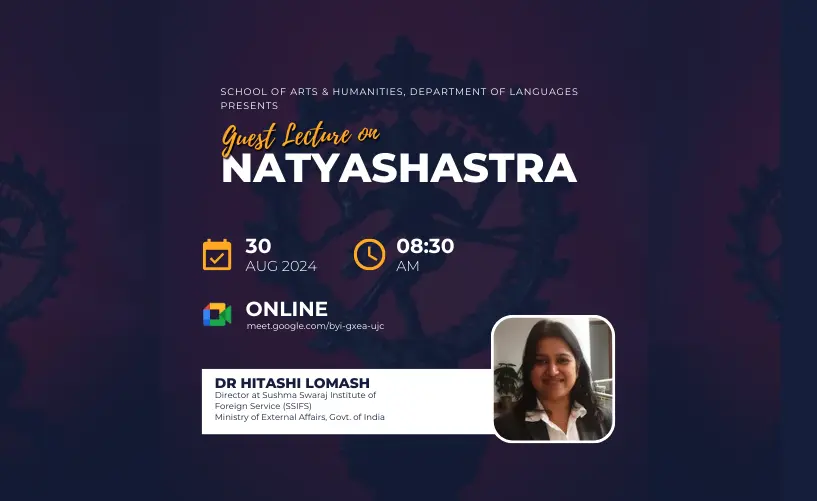
A Question and Answer session followed, where the students engaged in discussions about the text & applicability in contemporary performance arts, and its influence on modern theatre and cinema. The lecture concluded with a vote of thanks to the guest lecturer for providing an enlightening perspective on this timeless classic. To conclude, the guest lecture was an enriching experience, providing the students with a comprehensive understanding of the Natyashastra and its significance in the world of performing arts. This session successfully bridged the gap between ancient knowledge and contemporary practice, delving deeper into the study of Indian aesthetics and their application in modern performing arts.
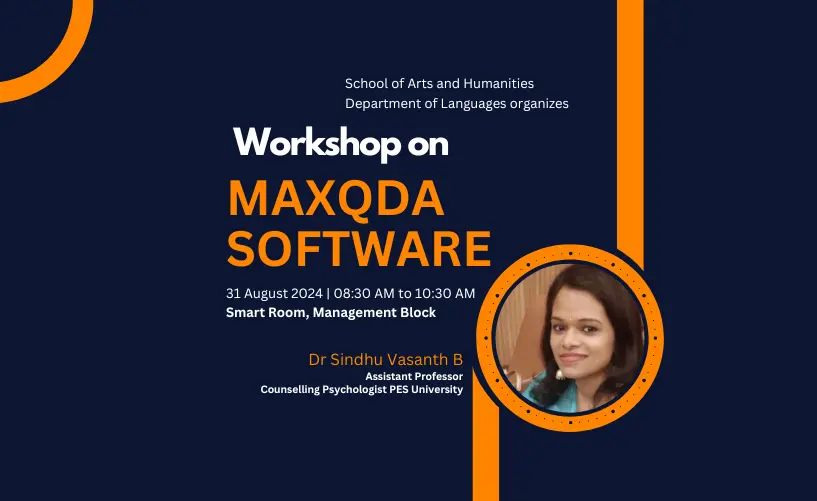
The Department of Languages at CHRIST (Deemed to be University), Pune Lavasa Campus, organized a workshop on the MAXQDA qualitative analysis software on 31st August 2024 for the MA English with Digital Humanities students. This event aimed to introduce students to the robust tools and features of MAXQDA, which is a leading software for qualitative and mixed methods research. Whether the students were working on a thesis, a research project, or simply interested in acquiring new skills, the workshop was designed to provide them with the necessary knowledge and tools to analyze qualitative data effectively.
The resource person for the workshop was Dr. Sindhu Vasanth B., an experienced educator, trainer, and counselor with over 12 years of dedication to effective knowledge dissemination and fostering high student morale and motivation. Dr. Vasanth held a Ph.D. from the University of Mysore, complemented by a Master of Philosophy in Psychology from Christ University and a Master of Science in Psychological Counselling from Bangalore University. Her extensive academic journey equipped her with a profound understanding of psychological principles and counseling techniques, making her an ideal facilitator for this workshop.
During the workshop, Dr. Vasanth focused on various aspects of the MAXQDA software. She began by providing a comprehensive overview of the softwares’ interface, helping students navigate through its various features. She then moved on to demonstrate how to import and organize qualitative data within MAXQDA, showing students how to create and manage projects effectively.
One of the key highlights of the workshop was the hands-on session where students had the opportunity to work with sample data sets. Dr. Vasanth guided them through the process of coding and categorizing data, emphasizing the importance of developing a systematic approach to qualitative analysis. She also introduced the concept of mixed methods research, explaining how MAXQDA supports the integration of qualitative and quantitative data, thereby providing a more holistic view of research findings.
Throughout the session, Dr. Vasanth encouraged active participation and interaction. She addressed students’ queries, provided personalized guidance, and shared practical tips based on her extensive experience in the field. Her approachable and engaging teaching style ensured that students remained attentive and motivated throughout the workshop.
In addition to the technical aspects of the software, Dr. Vasanth also discussed the broader implications of qualitative research in the field of Digital Humanities. She highlighted the importance of qualitative analysis in understanding complex social phenomena and emphasized how tools like MAXQDA can enhance the rigor and depth of such research.
The workshop concluded with a Q&A session, where students had the opportunity to discuss their specific research projects and receive feedback from Dr. Vasanth. She provided valuable insights and suggestions, helping students refine their research methodologies and approach.
Overall, the workshop was a significant success, equipping the MA English with Digital Humanities students with essential skills in qualitative data analysis. The knowledge and tools they acquired during this session will undoubtedly enhance their research capabilities and contribute to their academic and professional growth. The Department of Languages at CHRIST (Deemed to be University), Pune Lavasa Campus, reaffirmed its commitment to providing high-quality educational opportunities that prepare students for the evolving demands of the academic and professional world.
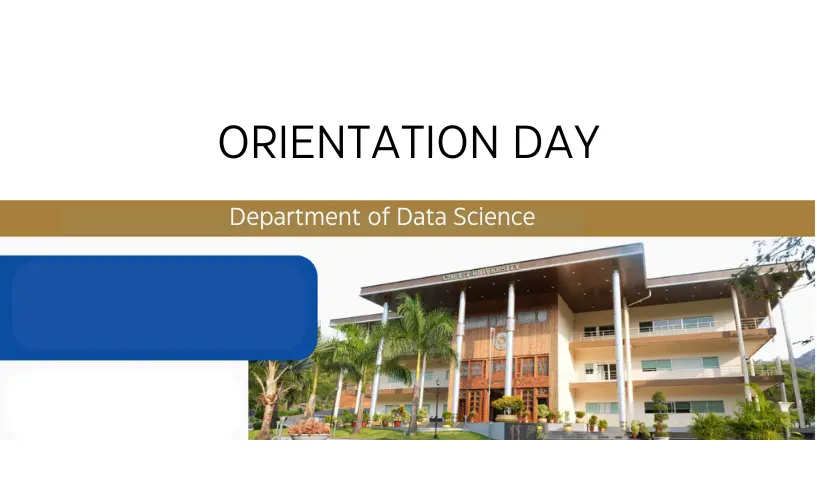
The orientation program for the final year students of the academic year 2024-25 was held on August 27th in the auditorium at Christ University, Pune Lavasa Campus. This event marked a significant milestone, setting the stage for 2024-25 academic journey at the university. The program began with a soulful prayer song led by Arghya Basu and the department choir team, creating a serene and reflective atmosphere. Following the prayer, Dr. Tiny S. Palathara, the event’s host, introduced the session with a warm welcome, setting the tone for the day’s proceedings. Dr. Palathara extended a heartfelt welcome to all attendees, emphasizing the importance of the orientation in preparing students for the challenges of the academic year ahead.
Dr. Fr. Lijo Thomas, the Director and Dean of CHRIST (Deemed to be University), Pune, Lavasa Campus, was then invited to address the gathering. In his insightful speech, Fr. Lijo elaborated on the significance of Lavasa, not just as a physical location, but as an acronym that embodies the values and vision of the university. LAVASA stands for Living with Nature, Academic Excellence, Vision of Change, Student-Centric Approach, and Agent of Transformation. Fr. Lijo emphasized how these principles are integral to our educational experience at Christ University, encouraging us to embrace them as we embark on this crucial year. The orientation also focused heavily on moral and ethical guidance, which is seen as foundational to the Christite experience. Fr. Lijo stressed the importance of upholding values such as integrity, responsibility, and empathy, both in our academic pursuits and in our personal lives. He reminded students that these values are not just to be practiced within the university but should be carried forward as guiding principles throughout our lives.
Next, Dr. Lija Jacob, the Head of the Data Science Department, took the stage to address the students. She began by sharing the department’s achievements from the previous academic year, expressing her happiness and pride in the students’ accomplishments. Dr. Lija then introduced the rank list of students from each class, acknowledging their hard work and success. This recognition served as both a moment of celebration and a source of motivation for all students to continue striving for excellence in their studies. Dr. Lija also provided an overview of the new academic guidelines for the upcoming year. These guidelines include expectations for academic performance, attendance requirements, project submissions, and ethical conduct. She highlighted the university’s goals for the year, which include fostering innovation, critical thinking, and community engagement, all aligned with global educational standards.
The program concluded with a vote of thanks delivered by Dr. Lekha. She expressed gratitude to all the speakers, the organizing team, and the students for their active participation. Dr. Lekha’s words encapsulated the spirit of the event, reminding us of the collective effort that goes into creating a supportive and enriching academic environment.This orientation not only set the tone for our final academic year but also instilled in us a renewed sense of purpose and responsibility. As students move forward, are reminded of the legacy of Christ University and our role as Christites in upholding and advancing its values. The event left students all inspired, motivated, and ready to embrace the challenges and opportunities that lie ahead.
The orientation program for the final year students concluded on a high note, leaving participants well-prepared and inspired for the academic journey ahead. With a clear understanding of university values, new guidelines, and a renewed sense of community, students are now ready to embrace their final year with confidence, enthusiasm, and a shared commitment to excellence. The event successfully set the stage for a productive and transformative academic year.
Nestled within the vibrant community of CHRIST, students embark on a transformative journey, where every corner of the campus holds the promise of discovery and growth.
Students are motivated to lead organisations, conduct events, and work together. Club activities and creative workshops give the students exposure to the world of creativity that remains untapped. The campus hosts an amalgamation of students from different ethnicities who work and learn in a harmonious environment.
Embrace global diversity and cultural exchange with our vibrant international student community.


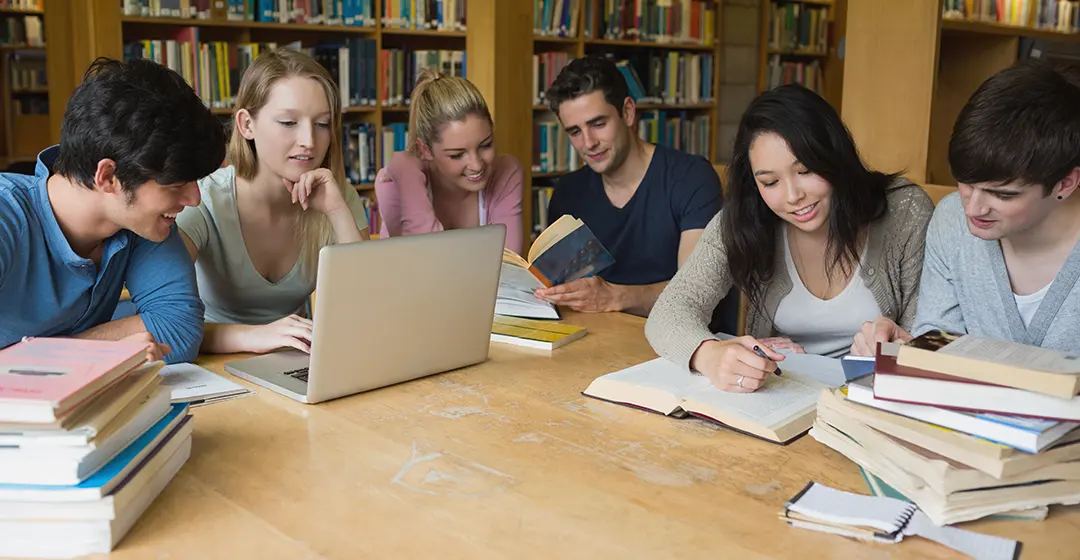
A well-equipped infrastructure to promote the academic and cultural activities of CHRIST is one of our primary accomplishments.

CHRIST (Deemed to be University) Lavasa campus has one computer lab, language lab, incubation centre and multiple smart rooms, to impart not only textual but also practical knowledge to our students. All are equipped with the latest facilities and has 24/7 wifi access. The labs are equipped with state-of-the-art technologies which give them hands-on training and gain practical experience.

Our Library has an extensive collection of over 10,000 books selected based on the syllabus and research requirements. New additions are made frequently to update the resources with the latest industrial updates, ensuring that students receive the most relevant content for their career. Students can refer to this extensive collection in the spacious library facility or even be issued by a librarian.

Mobility is a problem in all the major cities of India. In order to address this issue and support the students and faculty of CHRIST, the University provides bus services for pickup/drop within Lavasa. The facility can also be used for inter-campus visits, industrial visits and academic field trips.

CHRIST (Deemed to be University), Pune Lavasa Campus is a networked space with all systems and structures digitised for security, easy access and administration. Our efficient IT services team makes sure every computer and projector on-campus run efficiently without a glitch. From the admission process, online classes, live streaming of events to other campuses, and the public to campus-wide surveillance, the IT team makes sure everything runs smoothly.

The 100% ICT Enabled Classrooms are conducive to learning and digital exploration. There is no limit to the imagination within the four walls of the classroom. With 300 MBPS Network, Robust ERP System, Library Management System, KNIMBUS, and Plagiarism Checking the academia at the Lavasa campus is completely supported for all their creative and practical requirements. There are two auditoriums, 3 Seminar Halls, Gazebo: Open-Space Classroom, and a Moot Court. All members of the university enjoy access to Office 365 Online and Unlimited Document Storage (Cloud) so that there are no obstacles on their learning journey.

Hostels are provided for both UG and PG students of CHRIST (Deemed to be University) Pune Lavasa Campus. Students also have the option of residing in flats or villas provided by the college. They truly function as a model for nurturing a sound body and a steady mind for the students. It is self-sufficient in all respects and geared to take care of every need of the student.

The research facilities include digital infrastructure, library resources, access to e-journals and print media and to serve the scholars with the technology and mediums required to conduct excellent research. The environment of the campus creates a high-focus area with ample spaces of study. Scholars are supported to attend conferences and also prepare for the same with available facilities such as access to periodicals, filing a purchase order for research-relations study, etc.
The campus houses well-equipped research facilities. The labs and smart rooms are the foundations for hands-on, project-rich education for undergraduate and postgraduate students, and Ph.D. scholars. The infrastructure also becomes the cornerstone for many successful faculty-student research collaborations.

CHRIST (Deemed to be University) Pune Lavasa Campus has an in-house mini store, Trinity, that caters to the essential needs of the students. The student-friendly store provides a wide range of items ranging from general stationery items, essential commodities, snacks, gifts, and electronics.

The sprawling campus has plenty of nooks, corners, pergolas, green islands and shady trees where ideations, analysis, jam sessions, board games and innovative ideas happen. There are places for simple conversations to intellectual debates, dance, song, theatre practices and special day celebrations.

CHRIST (Deemed to be University) Pune Lavasa campus gives paramount importance to our students’ mental and physical well-being. Our counsellors are approachable and offer a safe and judgement-free space to ensure our students feel at ease and comfortable when they reach out for guidance and comfort for their mental health. Our campus is adequately staffed with wellbeing specialists. Strict professional confidentiality is maintained in transactions between students’ and wellbeing specialists.

Christ (Deemed to be University) Lavasa boasts two state-of-the-art auditoriums, each equipped with top-notch facilities. One is located in the Central Block, while the other is situated in the Management Block, providing ample space and advanced amenities for a variety of academic and extracurricular events.

Christ (Deemed To Be University) features top-tier boardrooms with advanced technology and comfortable furnishings. These well-equipped spaces are perfect for meetings, presentations, and collaborative work, providing an ideal environment for both academic and professional activities.

The campus features a state-of-the-art studio, equipped with advanced facilities for high-quality recording and other media production activities. This well-designed space provides everything needed for professional-grade audio and video work, ensuring a superior experience for students and professionals alike.

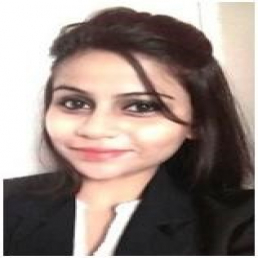
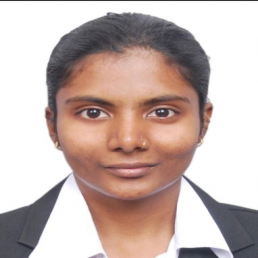
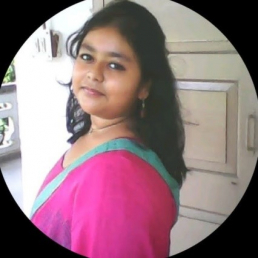
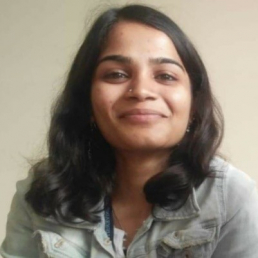
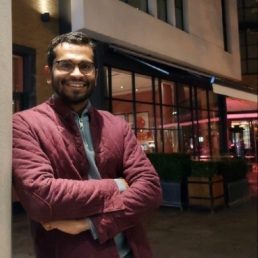
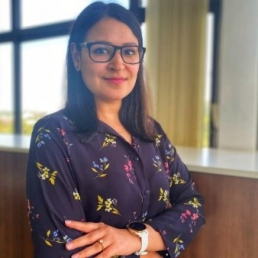
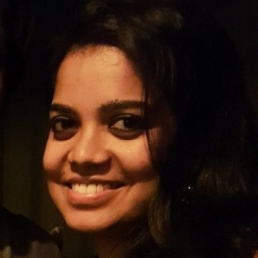

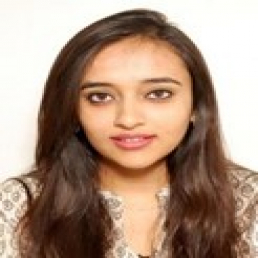
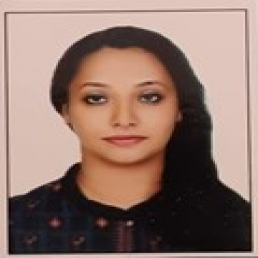


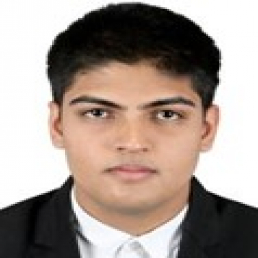
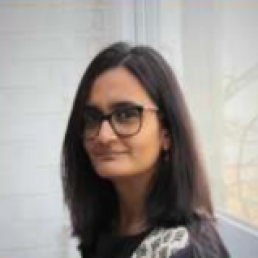
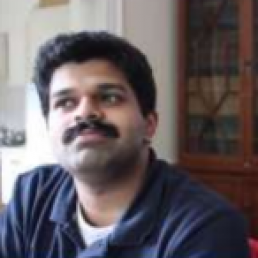
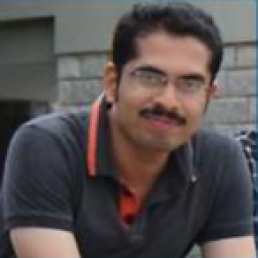
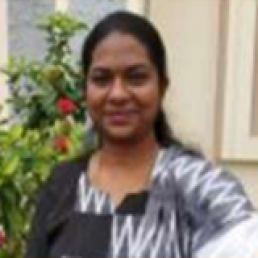


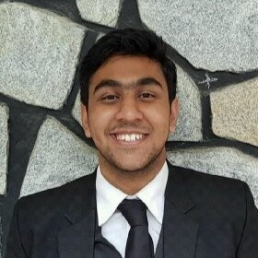
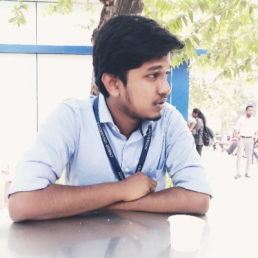
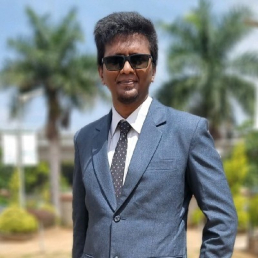
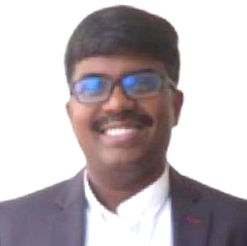
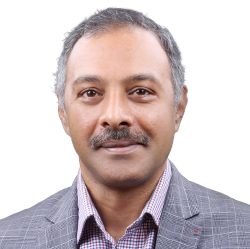
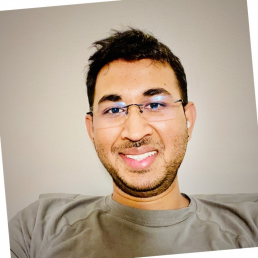
Address
Christ University Road, 30 Valor Court
At Post: Dasve Lavasa, Taluka: Mulshi
Pune 412112, Maharashtra.
Telephone
Mail Us At



